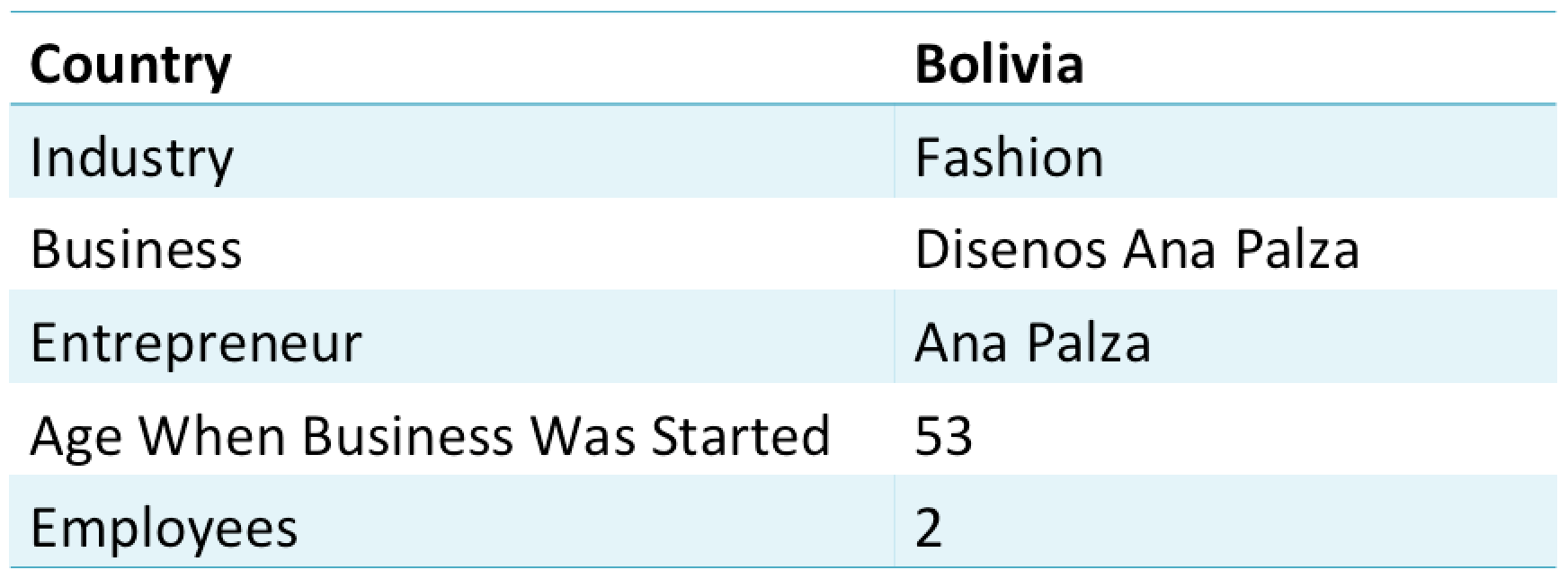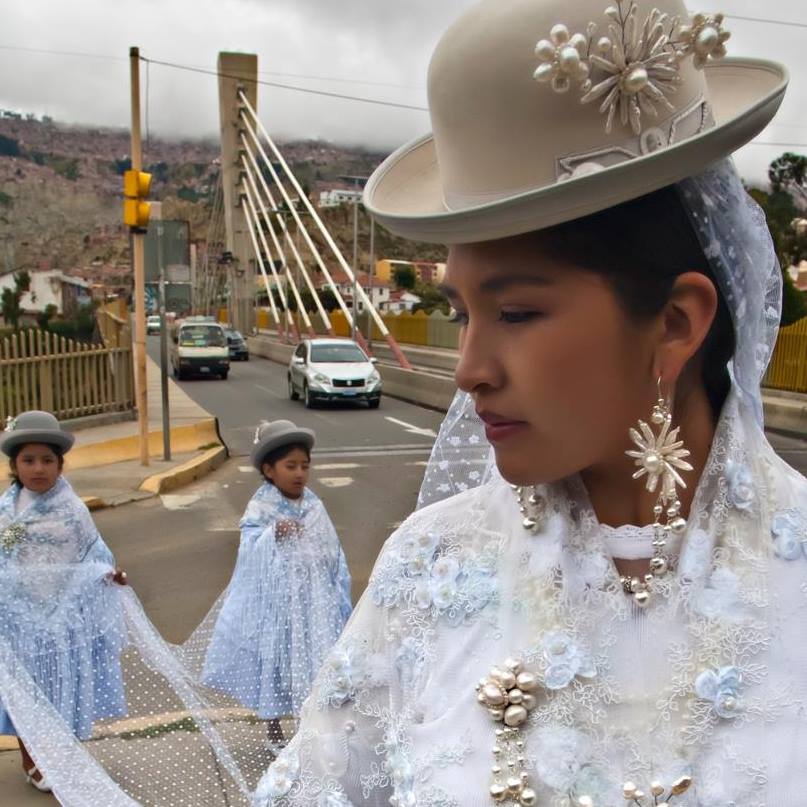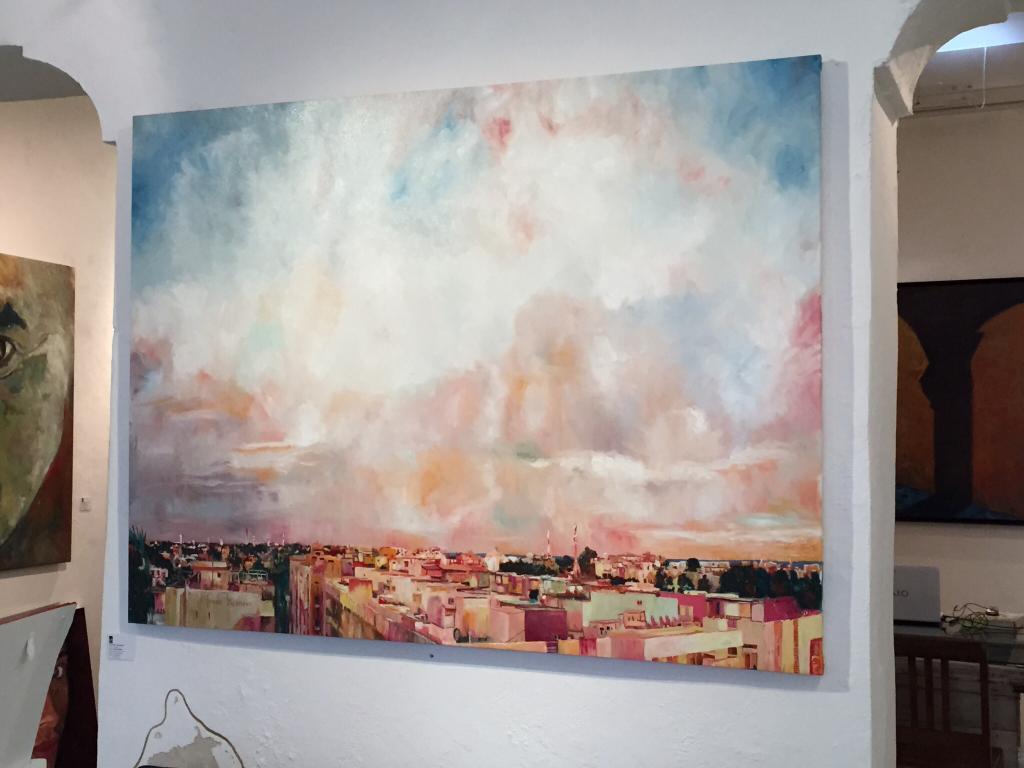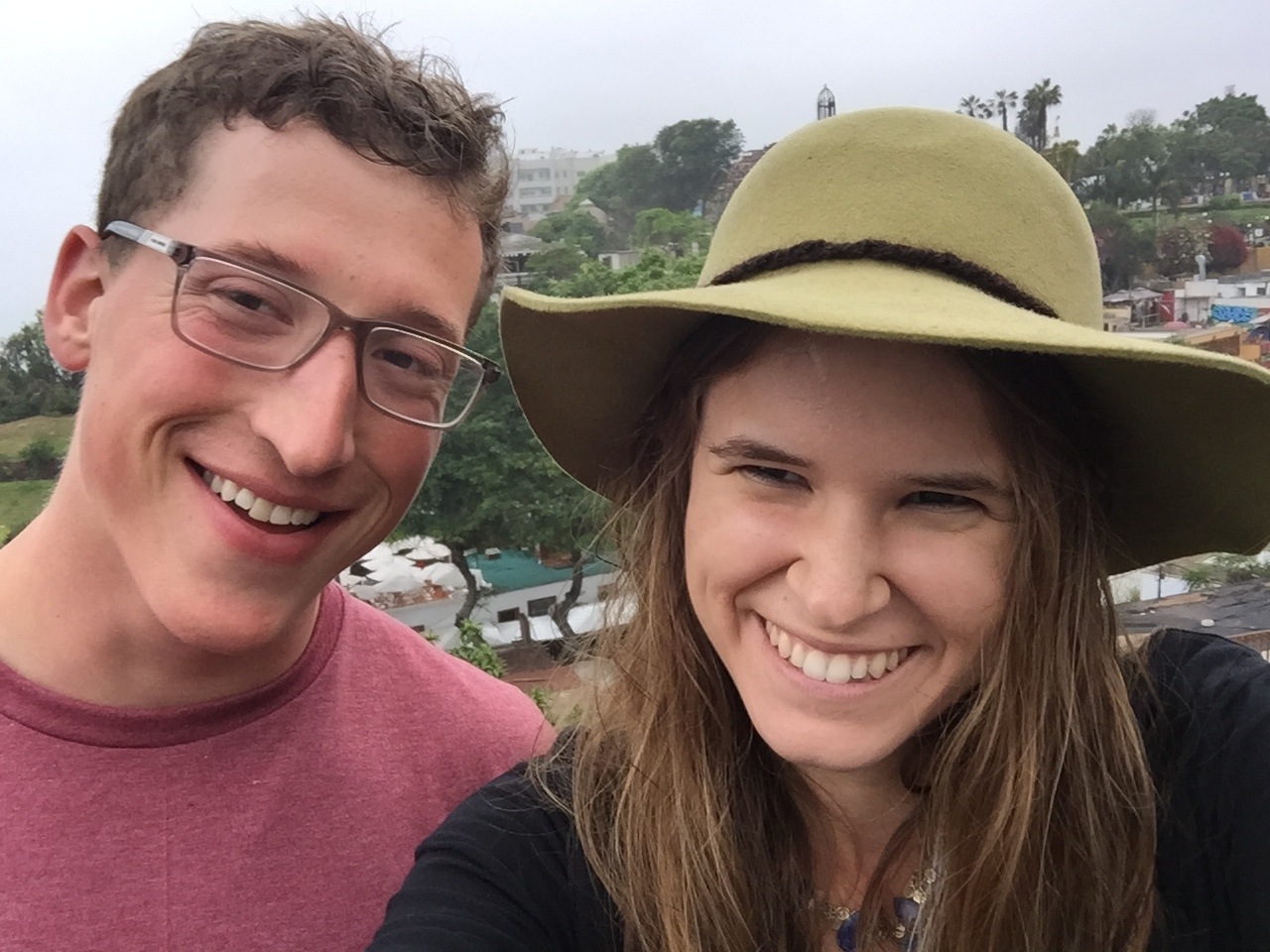Buried in Bolivia’s Witchmarket, in a corridor filled with handcrafted goods is a small music shop called “Instrumentos De Mi Tierra” (or Instruments Of My Land in English). Gonzola Huanca has been hand carving and selling string instruments for six years. His favorite instrument and most popular is a 10 stringed - miniature guitar-looking instrument, called the charango – an instrument only found in Bolivia and parts of Peru.
Andrew, who plays the ukulele decided to take Gonzola up on his offer to give him charango lessons. Gonzola patiently coached Andrew through a couple lessons and by the end of his practice Andrew was playing a four-chord song with a medium tempo.
Gonzola came from a family of musicians and music lovers. He apprenticed under a musician and instrument crafter for three years before opening up his own shop. Crafting a guitar can take up to three days and a charango up to week. That’s because when building an instrument, “quality material and quality construction can drastically affect the sound of an instrument.” For Gonzolas, “buying the right materials, especially quality materials from Bolivia is important. If you don’t select the right materials, you are going to always end up with a poor sounding guitar or charango.”
When Gonzola first started his business six years ago, there was much less competition. Now, with an increase in tourism in Bolivia, competition has grown but on the plus side a steadier stream of tourists, means steadier income for Gonzola. “You don’t get rich selling instruments in Bolivia. But, if you are good at what you do, you can make a good income doing something you love.”
According to Gonzola, his favorite part of being an entrepreneur is, “meeting people from all over the world. Every day I get to learn about different cultures and people and teach them about Bolivian culture too. I love teaching travelers about our music culture in Bolivia.”
After a few pictures with Gonzola for our blog, Andrew bought his first charango, taking a little of Bolivia to remember him by. We then said goodbye, heading down the bustling streets of vendors, tiendas and more goods than the eye can see.



















